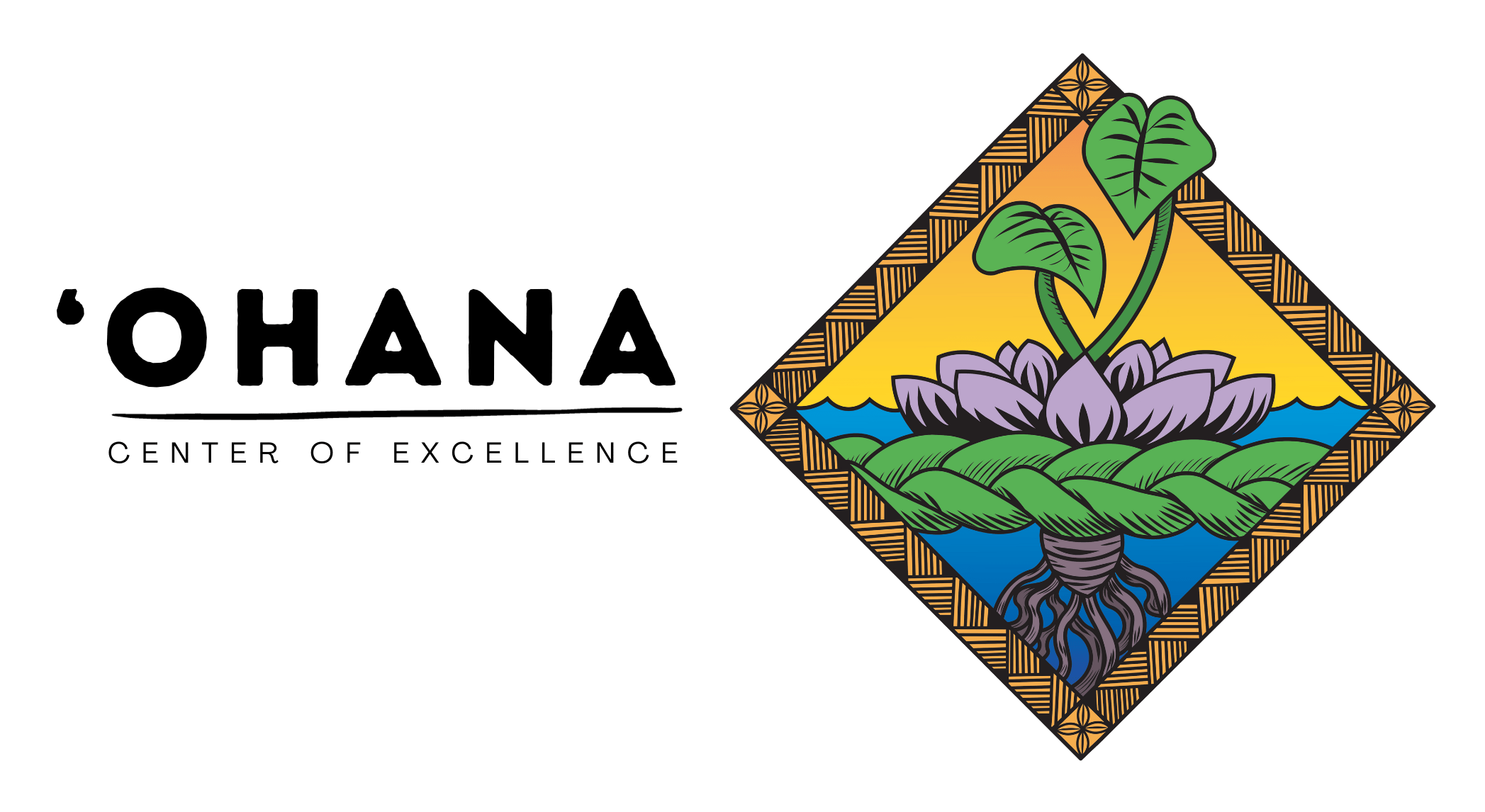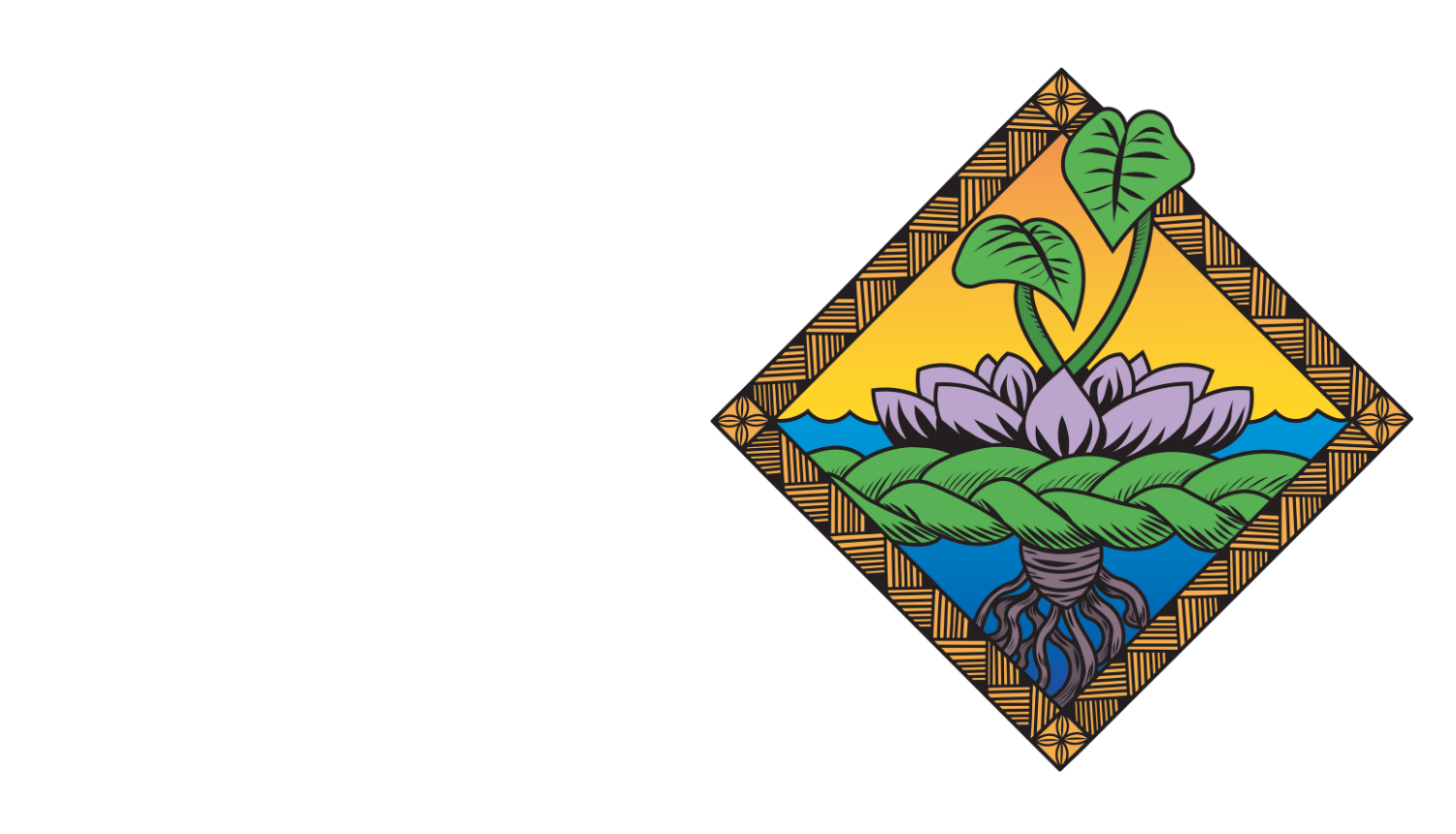Mahina ʻŌlelo Hawaiʻi or Hawaiian Language Month, celebrated annually in February, honors and promotes the rich cultural heritage of the Hawaiian language, also known as ʻŌlelo Hawaiʻi.
The Hawaiian language was banned from public school systems three years after the overthrow of the Hawaiian Kingdom in 1893. And actively discouraged speaking ʻōlelo Hawaiʻi at home, criminalizing the Native identity and leading to generations of stigmatization in Hawaiian ʻohana (families).
In the 1970s, a revitalization of Hawaiian culture reignited interest in language learning efforts and ‘Ōlelo Hawai‘i was reintroduced into public school curriculums in 1978, after the language became officially recognized in the state of Hawai‘i, due to the tireless efforts of our kūpuna (elders) and the Hawaiian language immersion movement.
The annual observance throughout the month of February aims to raise awareness about the significance of preserving and revitalizing the indigenous language of Hawaii. Throughout the month, various events, educational programs, and community activities take place to showcase the beauty and importance of the Hawaiian language in fostering a deeper connection to the islands’ history and traditions.
The allocation of Hawaiian language month came after Gov. Neil Abercrombie signed Act 28 and was the first of its kind to be transliterated in both Hawaiian and English and states (source):
"Mahina ‘Ōlelo Hawai‘i. E ‘ike mau a e kapa ‘ia ana ae ka mahina ‘o Pepeluali ‘o ia ka “Mahina ‘Ōlelo Hawai‘i” i mea e ho‘omaika‘i a e paipai aku ai i ka ‘Ōlelo ‘ana o ua ‘ōlelo makuahine nei la.
Translation: ‘Ōlelo Hawai‘i Month.The month of February shall be known and designated as “Ōlelo Hawai‘i Month” to celebrate and encourage the use of Hawaiian language.
In observance of Mahina ‘Ōlelo Hawai‘i, we have selected ‘Ōlelo Hawai‘i from E Ola Mau, a Native Hawaiian Health Needs assessment that can help behavioral health and cultural practitioners better understand some terminology surrounding mental health, Hawaiian culture, and substance use.
Did you know… The original version of E Ola Mau, published in the 1980’s contained a compendium of ʻŌlelo Hawaiʻi terms related to mental health and wellbeing. Many of these terms are layered with meaning beyond their surface translation. For example, the term “hei” is used for “addiction”. Hei refers to a string game played by our ancestors and even today. Literally translated, hei means – Net, snare, stratagem, ruse; to ensnare, entangle, catch in a net; to festoon with leis. Hoʻo.hei – To snare, tangle, rope, lasso; to beset with difficulties; to infatuate, be enraptured. Hoʻohei manaʻo, to infatuate, beguile; spellbound.
The meaning of ensnaring and entanglement is used to convey the deep turmoil of addiction, being ensnared in ones addiction.
‘Āina
Land; spiritual connection for Hawaiian.
Aloʻahia
Emotional stress.
Ha‘aha‘a
Humble, meek, modest, unpretentious; this helps you to be sincere and helpful; it’s humble but not mealy mouthed; its accepting of others – not having to put them down or accepting their elevation of you; it’s to be warm and respectful; relationship.
Hei
Addiction.
Hilahila
Shame.
Hoa kākoʻo
n. Ally, supporter.
Ho‘olu‘ulu‘u
To cause sorrow, grief, to oppress.
Kāwili lāʻau
To mix drugs.
Kōkua
Help assistant, helper, comforter, cooperation, support; kōkua is how you show you care about the person; kōkua is meaningful to the concept of ‘oia’i’o because this is how you give life to the aloha; it can be an exploitive thing; you can be asked to kōkua until it hurts so you need to be careful; kōkua is something you share, you give to another, to share what you have but not at the expense of your family; it is your resources or your own self, your extras, your strength and you give to others.
Kūkulu kumuhana
set to right, the pooling of strengths, emotional, psychological and spiritual, for a shared purpose.
Lāʻau hoʻohiamoe
n. Drug, narcotic, soporific, medicine to cause sleep, chloroform.
Ma‘i ma loko
Sickness from within caused by patients or family problems or misdeeds.
Na‘au
Intestines, center of intellect and emotions.
Olakino maikaʻi
Good health.
Pākela ʻai lāʻau
To overdose on drugs. Lit., take drugs to excess.
Puʻuhonua
nvi. Place of refuge, sanctuary, asylum, place of peace and safety.

























